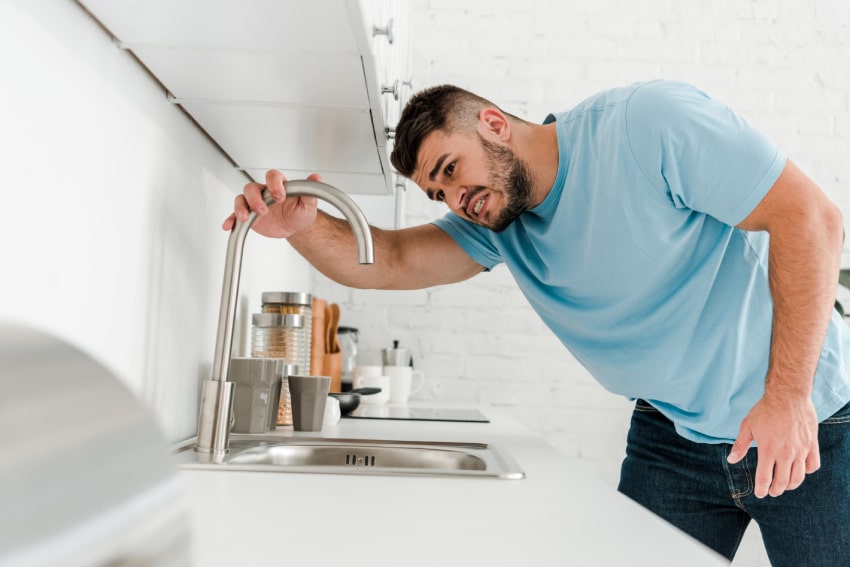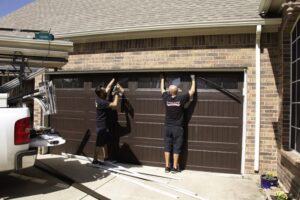When Hot Water Stops Working at the Worst Time

It’s freezing. You turn the shower on, wait for the warm water, and—nothing. Just cold. Really cold. You try turning the tap back and forth. You give it a second. Still cold.
It always happens at the worst time. When you’re late. When you’re sick. When you just want to relax. And suddenly, you’re standing there wondering why the hot water isn’t doing what it’s supposed to do.
You’re not alone. Most people deal with this at least once, and it’s never fun. But it helps to know why it happens and what you can do next.
Hot Water Systems Don’t Just Quit for No Reason
Even if it feels sudden, most water heaters give off little signs before they stop working. But unless you’re looking for them, they’re easy to miss. Some systems slow down gradually. Others might stop all at once.
The thing is, hot water systems are always working behind the scenes. Every time you shower, wash dishes, or do laundry, they’re doing their job in the background. And like anything that works a lot, they wear out over time.
Sometimes it’s a small part that goes first. Sometimes it’s the thermostat. Other times, there’s a bigger issue—like corrosion inside the tank or a serious leak. But most of the time, these problems don’t happen out of nowhere. They’ve just been building up quietly until something finally gives out.
What to Check Before You Panic
If you suddenly have no hot water, the first step is to check the basics. It sounds obvious, but these things get skipped a lot:
- Is the water heater switched on?
- Has the pilot light gone out (for gas systems)?
- Is the breaker tripped (for electric systems)?
- Are other taps also running cold, or is it just one?
Sometimes, it’s a quick fix. Other times, it’s not. If you’re not sure what to look for, it’s okay to ask for help. You don’t have to figure out plumbing on your own.
For people who don’t want to deal with guesswork, it can be useful to reach out to a local company like To the T that handles both plumbing and heating. They’ll know how to check the system properly and fix it without making things worse.
Common Reasons Your Hot Water Stops Working
There are a few problems that come up more than others. Knowing them can help you figure out what might be going on, especially if this isn’t the first time.
Old water heater
If your system is over 10 years old, it might just be at the end of its life. Parts wear down. Sediment builds up. Eventually, it can’t keep up like it used to.
Pilot light or ignition issues
Gas water heaters need a working pilot light to heat the water. If it’s out, you won’t get anything warm. Some modern heaters have electronic ignition instead, but that can fail too.
Thermostat problems
Sometimes, the heater thinks the water is hot when it’s actually not. A broken thermostat means the water doesn’t get heated at all—or gets way too hot.
Leaks
If water is leaking from the tank or pipes, the system can’t hold enough to heat properly. You might still get water, but it won’t stay warm for long.
Sediment buildup
Over time, minerals in your water settle at the bottom of the tank. That makes it harder for the heater to work and can lead to weird noises, less hot water, or no hot water at all.
When You Need a Pro to Step In
Some fixes are simple. But if you’re not comfortable with tools or dealing with gas or electricity, it’s best to leave it alone. Water heaters can be dangerous when handled the wrong way.
That’s where professionals come in. They know what to check and how to repair things safely. They also know when it’s better to replace the unit instead of fixing it again.
Most plumbers or heating techs can spot the problem pretty fast. And if it’s a common issue, they might even have the parts to fix it the same day.
What You Can Do to Avoid It Next Time
Nobody wants to lose hot water twice in the same month. So once it’s fixed, it’s smart to make sure it doesn’t happen again soon.
Regular maintenance actually helps a lot. That means things like:
- Draining the tank once a year to clear out sediment
- Checking for small leaks around pipes and valves
- Keeping an eye (or ear) out for weird sounds
- Making sure the pilot light works as it should
- Getting a yearly inspection, especially before winter
A quick check-up takes less time than dealing with a full breakdown. And it usually costs less too.



Average Rating